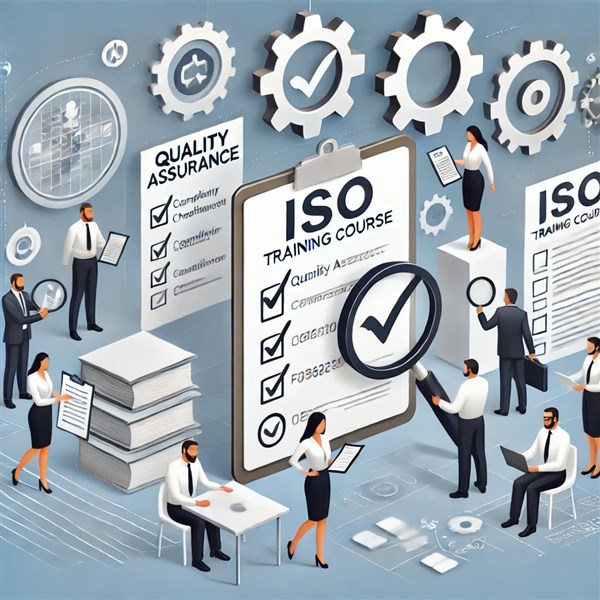Unable to find what you're searching for?
We're here to help you find it
ISO standards play a crucial role in ensuring quality, safety, efficiency, and trust across industries. Whether you're in manufacturing, IT, healthcare, logistics, or services, ISO standards like ISO 9001, ISO 27001, ISO 14001, and ISO 45001 provide a framework to align processes with international best practices.
But knowing the standards is only part of the picture. To implement them effectively, you need the right skills—and that’s where an ISO training course becomes invaluable.
In this article, we’ll explore the top skills you’ll gain from an ISO training course, how they apply across industries, and why they’re crucial for professionals aiming to elevate their careers in quality management, auditing, compliance, and business improvement.
At the heart of any ISO training course is a comprehensive dive into the structure and principles of the chosen ISO standard. Whether you’re learning ISO 9001 for Quality Management, ISO 27001 for Information Security, or ISO 14001 for Environmental Management, you’ll gain:
This foundational knowledge helps you interpret the requirements correctly and apply them practically within your organization.
One of the most critical components of ISO training—especially in Internal Auditor or Lead Auditor courses—is auditing. You’ll learn:
These skills are highly transferable and essential for roles in compliance, operations, and quality management.
Risk-based thinking is a central concept in many ISO standards (especially ISO 9001 and ISO 27001). ISO training teaches you to:
This skill is critical for improving decision-making, mitigating operational disruptions, and aligning with ISO’s proactive, preventive approach.
ISO systems require detailed documentation. In your training, you’ll learn to:
This skill is particularly important in regulated industries like healthcare, aerospace, and manufacturing, where traceability and control are essential.
ISO training emphasizes understanding and improving processes. You’ll learn:
These abilities help you visualize operations clearly, making improvement opportunities easier to identify and implement.
Knowing where you stand versus where you need to be is essential. ISO courses teach you to:
This skill ensures your organization is always moving toward compliance and continual improvement.
ISO is not a one-time compliance project—it’s a continuous improvement journey. You’ll learn:
This skill is invaluable in driving innovation, reducing waste, and improving customer satisfaction.
Many ISO training programs include soft skills development. You’ll enhance your ability to:
These leadership and collaboration skills are particularly valuable for those pursuing managerial roles in quality or operations.
ISO standards encourage data-driven decision-making. During training, you’ll learn to:
This ensures that your recommendations are backed by measurable evidence, improving buy-in and implementation success.
Finally, ISO training prepares you to navigate certification with confidence. You’ll learn:
Whether you’re an internal champion or a consultant, this skill helps your organization achieve and maintain certification efficiently.
🏁 Final Thoughts
Whether you're in quality assurance, IT, HR, or operations, an ISO training course equips you with a robust, industry-agnostic skillset that boosts your value and impact.
In today's competitive job market, having the right skills can make all the difference. By taking an ISO Training Course from Koenig Solutions, you'll gain a host of valuable skills that can help you stand out and succeed in your chosen career.
Here’s what you’ll walk away with: ✅ A deep understanding of ISO standards and structures
✅ Practical auditing and compliance skills
✅ Strong risk management and documentation techniques
✅ Tools for continuous improvement and performance analysis
✅ Confidence to lead ISO implementations and support certification

Aarav Goel has top education industry knowledge with 4 years of experience. Being a passionate blogger also does blogging on the technology niche.










